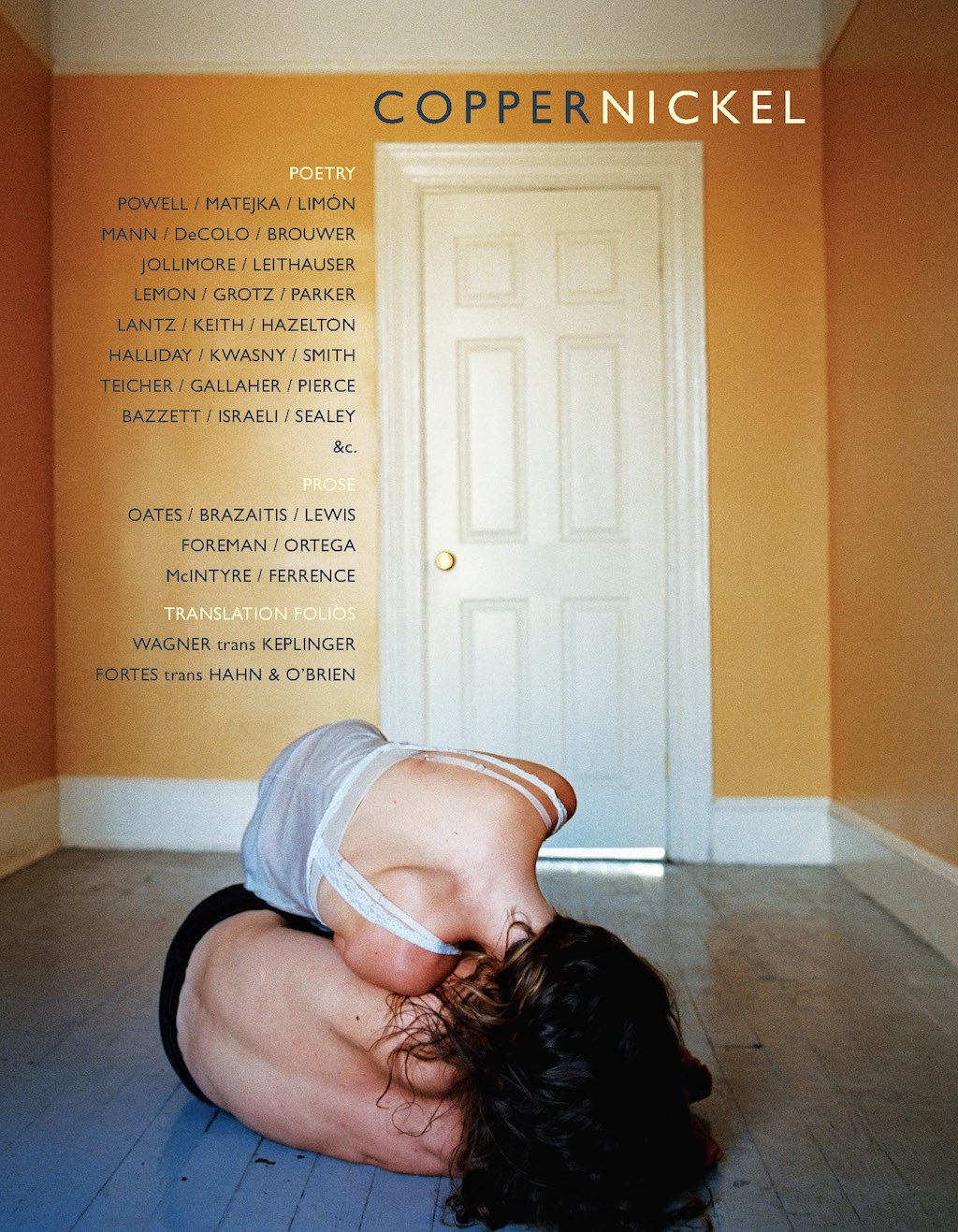1
What are birds, what can they be if not
objectified thoughts? That scarlet tanager
an idea about beauty, that American redstart
the memory of a hotel on the Oregon
coast, where you stayed for three days, while the things
you thought you’d understood fell to pieces around you . . .
2
The black-capped chickadee is native to most
of North America, and everywhere its song
is the same. Everywhere, that is, except
on Martha’s Vineyard. The black-capped chickadees
of Martha’s Vineyard sing the standard
black-capped chickadee song: hey sweetie,
hey sweetie—but they sing, as well, a pair
of variations: sweetie hey, sweetie hey,
and soweetie-sweetie, soweetie-sweetie.
Recordings exist and can be consulted.
As for explanations, the human researchers
who study these things assure us
that they are forthcoming.
3
First you learn to cause pain, then you must learn
to live with having caused pain. There are places
where the mind is permitted to wander unleashed,
and you learn, over time, where the gates are, who keeps them,
under what conditions you will be allowed
to pass unobstructed. You learn the dialects
of rivers, which gestures in which territories
are taken as insults. Knowledge is stored
in the brain in folds of tissue, as is
the memory of your first lover’s face,
the melody line of “Someone to Watch
Over Me,” and your opinion as to which
of the dozen or so versions of that song
you have heard is the sweetest, the most beautiful,
the most haunting. Though of course your opinion
is subject to change, to a minor rearrangement
of the tissues, one that might be caused
by a shower of petals, an oddly placed word
in an argument with a friend, or happening
to hear that song on the radio
while driving while cruising the stations or in
a bright, slightly musty Parisian café
that you ducked into only to get away from
the spatter of rain that came out of the sky
with no warning, from nowhere at all. Sweetie, hey.
4
The nightingale, Pliny writes, is “the only
bird the notes of which are modulated
according to the strict principles
of musical science.” Each one, he goes on
to tell us, has its own repertoire
of songs, deployed in the musical battles
they conduct with one another. “The vanquished one
frequently perishes in the contest,
and would rather yield its life than its song.”
The part of me that would like to believe this
has taken to walking the creekside trails
late in the evening, when the darkening
sky turns them all shades of blue, hoping
to meet, by chance, if chance is the word,
the twilit part of you that would like
to believe this, which is also the part,
if I’m not mistaken, that wishes to love something,
anything, with the degree of passion
the dying nightingale feels for its song,
the part of you that stood in the open
doorway in a long white dress and said
You talk a good game, but let’s not forget,
you’re a poet. You’d rather sing about it
than live through it.
5
What I know is this: when you are done learning
how to cause pain, which you never are,
you learn how not to, which you never do.
And what I know is this: early this morning,
in the branches of my neighbor’s oleander,
I saw a spot of flame, a spark-red
northern cardinal, out of place
and out of season. And surely, my love,
that has to count for something.
